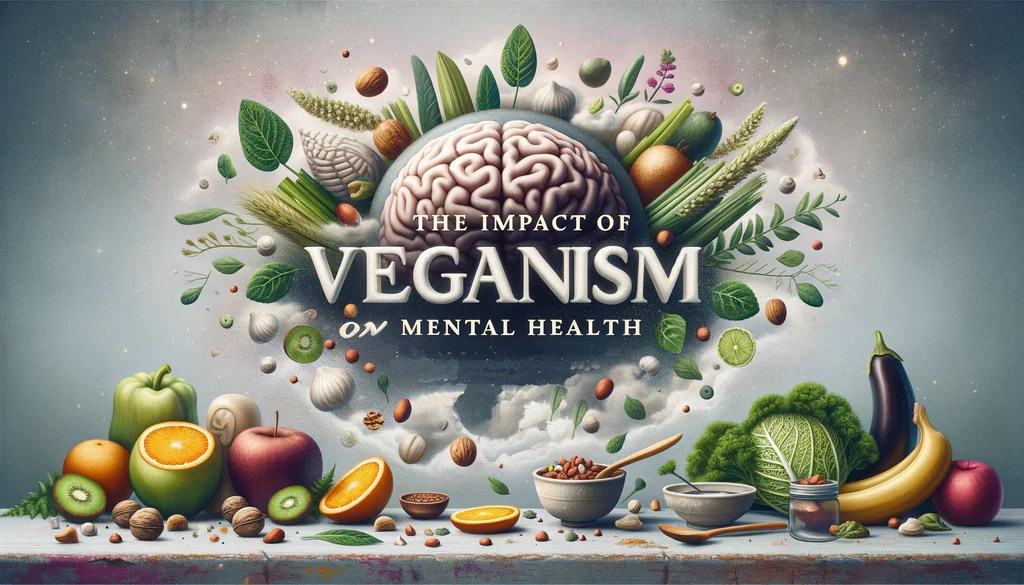
The connection between diet and mental health has become an increasingly important area of research, with particular attention being paid to plant-based diets. As veganism continues to grow in popularity, understanding its potential impacts on mental well-being is crucial for both current vegans and those considering the lifestyle change.

The Potential Benefits
Research suggests that a well-planned vegan diet may offer several mental health advantages. Plant-based diets are typically rich in antioxidants, fiber, and anti-inflammatory compounds, which can positively affect brain function and mood regulation. Studies have shown that consuming more fruits and vegetables is associated with lower rates of depression and anxiety.
The high content of complex carbohydrates in vegan diets can help maintain stable blood sugar levels, potentially reducing mood swings and irritability. Additionally, plant-based foods are rich in folate, which plays a crucial role in producing neurotransmitters that regulate mood.
Nutritional Considerations and Mental Health Risks
However, the relationship between vegan diets and mental health isn’t straightforward. Some potential nutritional deficiencies in poorly planned vegan diets could negatively impact mental health:
- Vitamin B12 deficiency, common in vegans who don’t supplement, can lead to depression, anxiety, and cognitive problems
- Omega-3 fatty acids, particularly EPA and DHA, which are crucial for brain health
- Iron deficiency, which can cause fatigue and affect mood
- Zinc, which plays a role in neurotransmitter function
The Social and Psychological Aspects
The impact of a vegan diet on mental health extends beyond nutrition. Social aspects and personal values play significant roles:
Positive Factors
- Alignment with personal values can increase self-esteem and reduce cognitive dissonance
- Being part of a community with shared values can provide social support
- Taking action on environmental and ethical concerns may reduce eco-anxiety
Challenges
- Social isolation in situations where vegan options are limited
- Potential stress from navigating social situations and explaining dietary choices
- Additional mental load from careful meal planning and label reading
Making Veganism Work for Mental Health
For those interested in pursuing or maintaining a vegan diet while supporting mental health, consider these strategies:
- Work with healthcare providers to monitor nutrient levels and supplement appropriately
- Plan meals to ensure adequate protein, healthy fats, and complex carbohydrates
- Connect with vegan communities for social support and practical advice
- Prepare for social situations by researching restaurant options and communicating needs
- Focus on whole, nutrient-dense foods rather than processed vegan alternatives
Conclusion
The relationship between vegan diets and mental health is multifaceted. While a well-planned vegan diet can support good mental health through various nutritional and psychological mechanisms, careful attention must be paid to potential nutritional deficiencies and social challenges. Success with a vegan diet requires thoughtful planning, proper supplementation, and strong social support systems.
Whether a vegan diet positively or negatively affects mental health largely depends on individual circumstances, implementation, and support systems. As with any significant dietary change, it’s essential to approach veganism with knowledge, preparation, and professional guidance when needed.